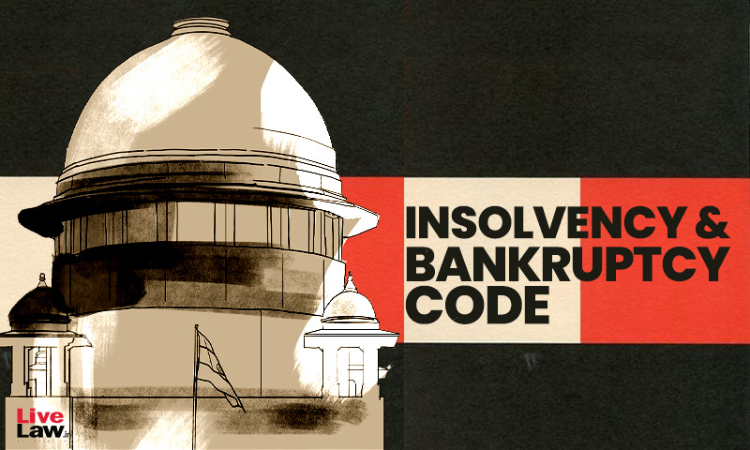The Supreme Court has held that the principle of ‘Commercial Wisdom’ of the Committee of Creditors (“CoC”) cannot brush aside the shortcomings of the CoC in cases where decision making was done in contravention to a law which is in force for the time being. The Bench comprising of Justice Dinesh Maheshwari and Justice Vikram Nath, while adjudicating an appeal filed in...

